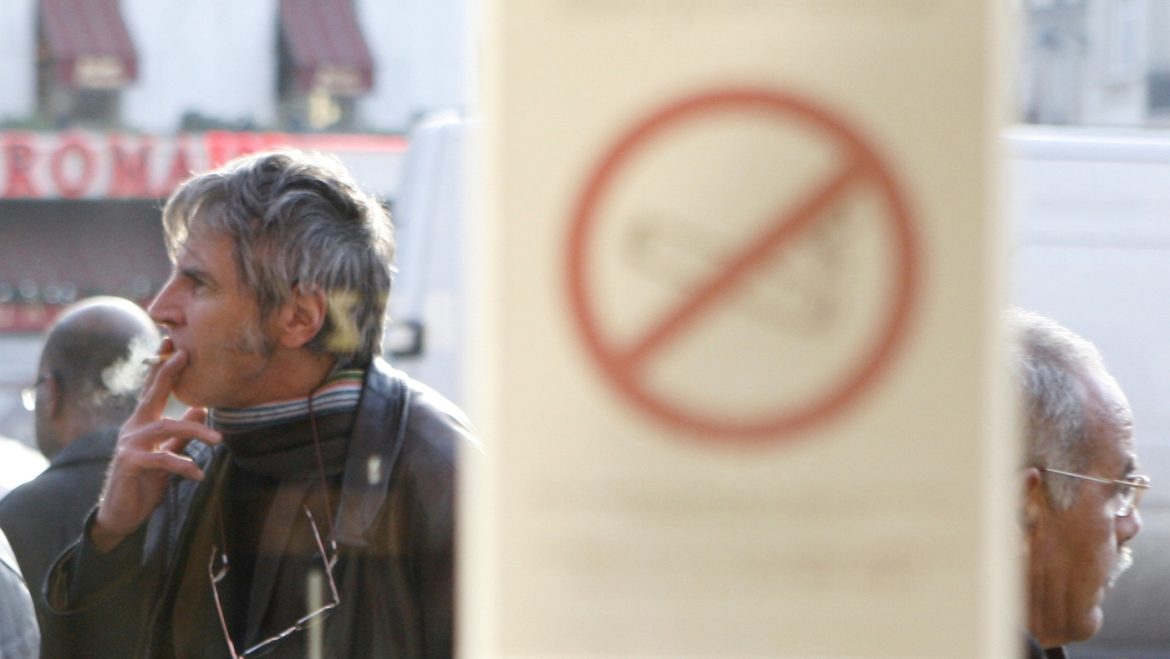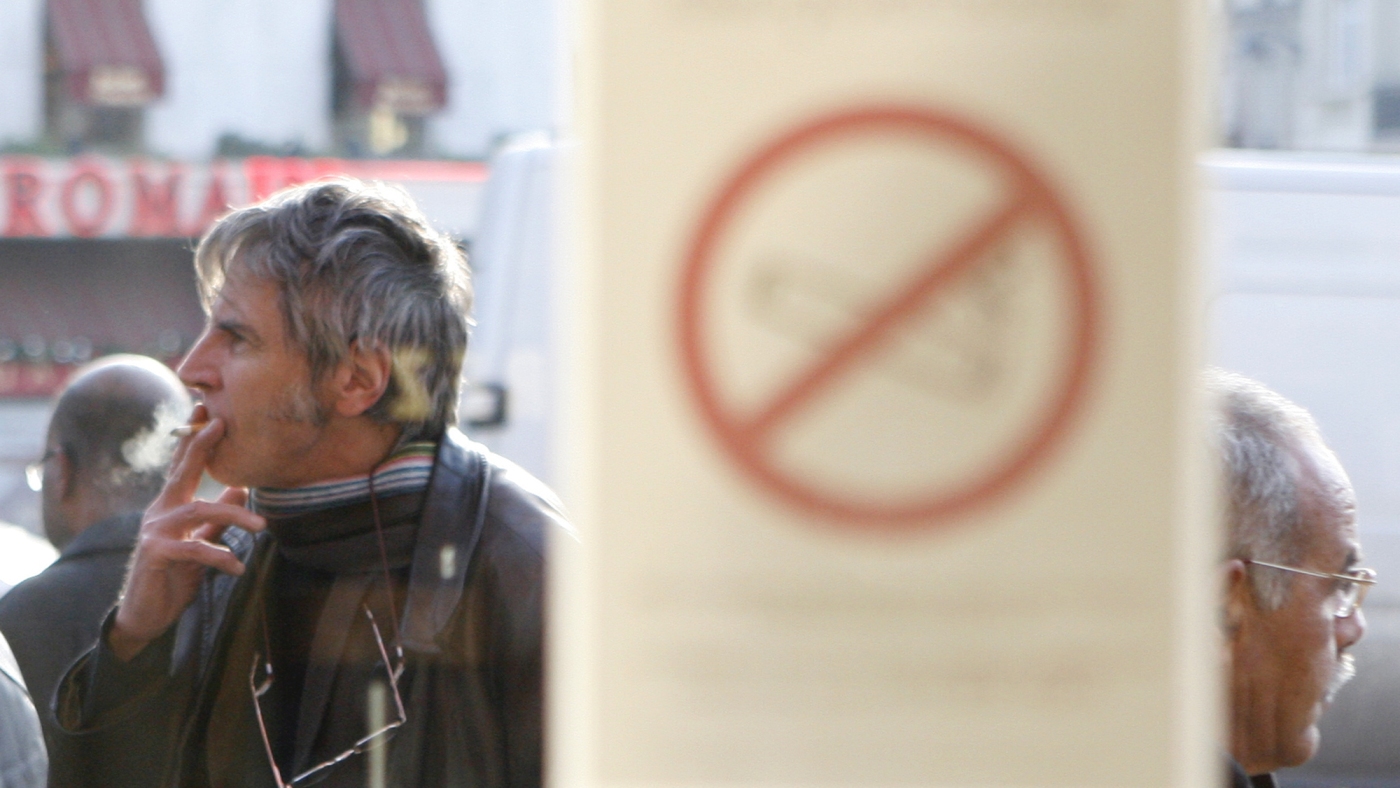France’s Extended Outdoor Smoking Ban: A Comprehensive Overview
France is taking a significant step in its ongoing battle against tobacco use by extending its smoking ban to include a wide range of outdoor public spaces. This new regulation, set to take effect on July 1, 2025, aims primarily to protect children and improve public health and the environment. The changes reflect evolving societal attitudes towards smoking and the government’s commitment to reducing tobacco-related harm.
Scope of the New Smoking Ban
The French Health Ministry has announced a sweeping prohibition on smoking in many outdoor areas frequented by children. Key locations under the ban include:
– Beaches
– Public parks and gardens
– Bus stops
– Areas immediately surrounding schools and colleges
This represents a significant expansion from previous laws, which mainly targeted indoor public spaces and certain restricted areas. However, the ban notably excludes France’s iconic café terraces, where smoking will still be permitted for now.
Enforcement will be strict, with fines of up to €135 imposed for violations. This penalty emphasizes the government’s seriousness about compliance and its desire to make smoking in these outdoor child-accessible areas socially unacceptable.
Public Health and Social Rationale
Tobacco use remains France’s leading preventable cause of death, contributing to approximately 200 deaths daily. The harmful effects of smoking reach far beyond individual health—they impose a substantial economic burden on society estimated at €156 billion annually.
Beyond health and economic concerns, tobacco also accounts for environmental pollution. France discards an estimated 20,000 to 25,000 metric tons of cigarette butts each year, a toxic waste that contaminates soil and waterways, posing risks to wildlife and ecosystems.
The ministry’s stated goal is to “denormalize tobacco and limit its attractiveness,” particularly to young people. By removing smoking from environments where children and teenagers gather, France hopes to reduce early exposure and subsequent initiation of tobacco use.
Broader Context: National Tobacco Control Strategy
This extension is part of France’s broader National Tobacco Control Programme, announced in late 2023. The programme includes a variety of measures aimed at reducing smoking prevalence, improving cessation support, and restricting the marketing and availability of tobacco products.
The outdoor ban complements earlier legislation that prohibited smoking in enclosed public places (offices, restaurants, schools, government buildings) and the increasing regulation of e-cigarettes, which have surged in popularity.
Cultural and Social Impact
France’s smoking culture is deeply rooted, with café terraces long considered emblematic of French social life, where smoking has traditionally been accepted. By carving out an exemption for these terraces, the government balances public health priorities with cultural sensitivities and economic considerations related to hospitality businesses.
Nevertheless, extending smoke-free zones to outdoor areas like parks and beaches represents a cultural shift. It signals growing recognition of the importance of smoke-free environments beyond indoor air quality, addressing direct exposure and littering concerns in shared public spaces.
Environmental Considerations
Cigarette butts, largely composed of non-biodegradable filters, are the largest single form of litter globally. Their toxic chemicals leach into the soil and waterways, harming animals and contaminating ecosystems. By restricting smoking in natural outdoor areas like beaches and parks, France’s policy also serves as an environmental protection measure, striving for cleaner public spaces and reduced pollution.
Enforcement and Public Response
The day-to-day enforcement of the ban will likely fall to local authorities and law enforcement agencies, with the threat of substantial fines serving as a deterrent. Public health advocates and anti-tobacco organizations have welcomed the move as an important step in tobacco prevention.
However, some smokers and business associations may view the expanded ban as restrictive, potentially challenging compliance or calling for adjustments, especially regarding popular social venues like cafés.
Conclusion: A Forward Leap in Tobacco Control
France’s expanded outdoor smoking ban — effective from July 1, 2025 — demonstrates a proactive and comprehensive approach to curbing tobacco’s harmful impact on health, society, and the environment. By targeting outdoor spaces where children commonly gather, the policy aims to protect vulnerable populations and shift social norms around smoking.
While respecting certain cultural practices by exempting café terraces, the law marks a cultural evolution, embracing cleaner, healthier public spaces and reaffirming France’s commitment to tobacco control in the 21st century. This initiative not only serves as a protective measure but also as a clear statement about the future vision of a smoke-free society—one where tobacco’s grip on public life continues to loosen for the benefit of generations to come.


